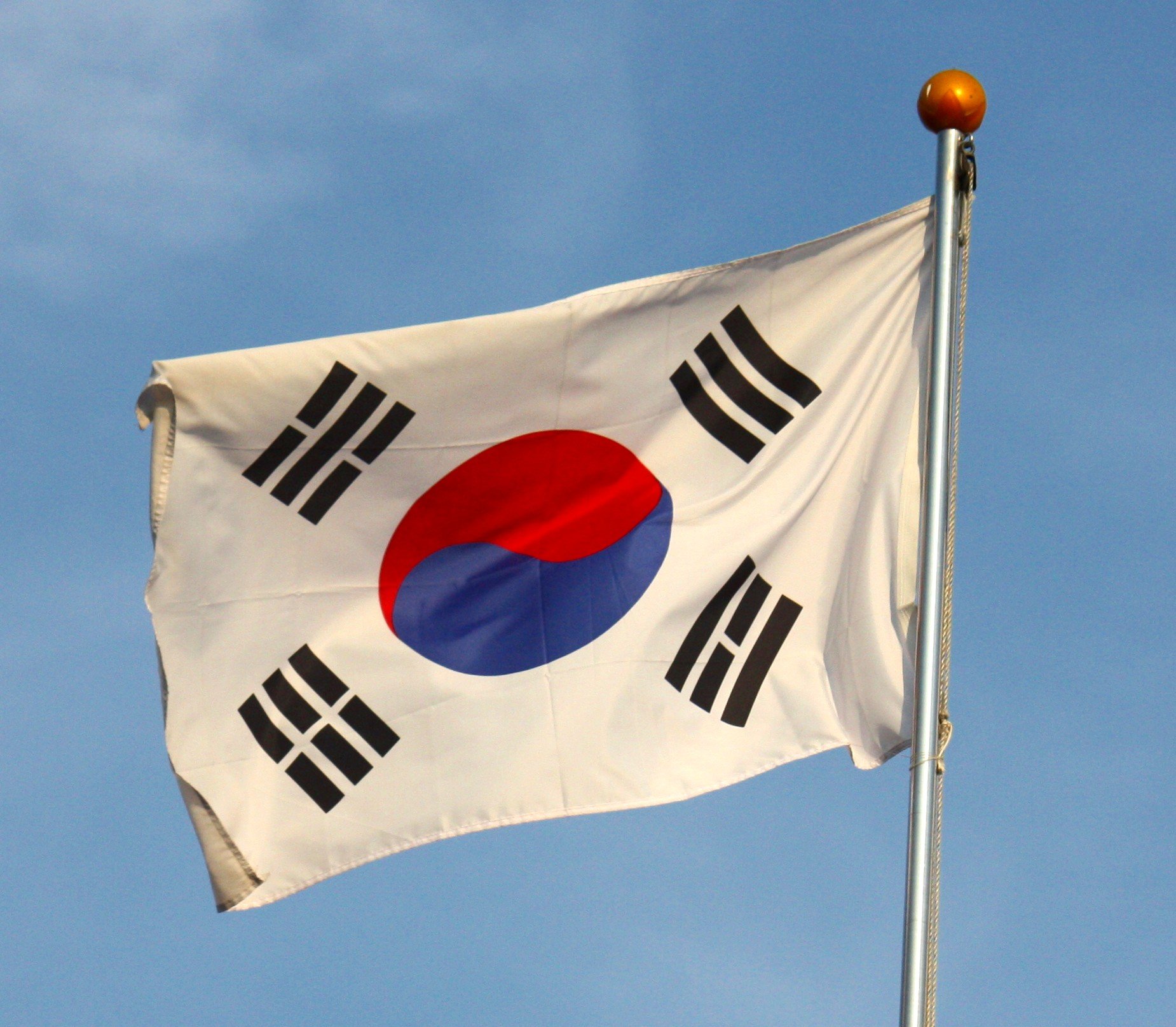The War in Ukraine has served to strengthen the strategic partnership between Russia and China in the Arctic, raising concerns regarding the future of regional governance. A series of political and legal limitations will likely restrict both states from forming an exclusive partnership to develop the Northern Sea Route, suggesting that the potential threat posed by their relationship is likely less of a threat to Arctic stability than what one might otherwise assume.
Read MoreStudents at Columbia University's School of International and Public Affairs (SIPA) are concerned about the school’s prioritization of exams in mandatory courses, a focus they say could jeopardize their scholarships and future careers.
Read MoreAs South Korea's 2024 General Elections approach, the country is witnessing heightened political fragmentation, challenging President Yoon Suk Yeol's conservative administration amid internal dissent and changing public sentiment towards his leadership. The election's outcome will also reverberate internationally with implications for South Korea's foreign policy concerning North Korea, China and the United States.
Read MoreMichelle Naeem (MPA ‘25) argues for a comprehensive approach to addressing climate change, emphasizing the need for significant reductions in carbon emissions by developed nations and long-term resilience measures for vulnerable countries like Pakistan.
Read MoreCate Twining-Ward recently interviewed Columbia University PhD candidate R. Daniel Bressler to discuss his work in developing economic models to predict the impacts of climate change—most notably, his groundbreaking article “The Mortality Cost of Carbon.”
Read MoreThe Interim Policy includes designation of “Demonstration Areas” and “Regular Demonstration Times.”
Read More





